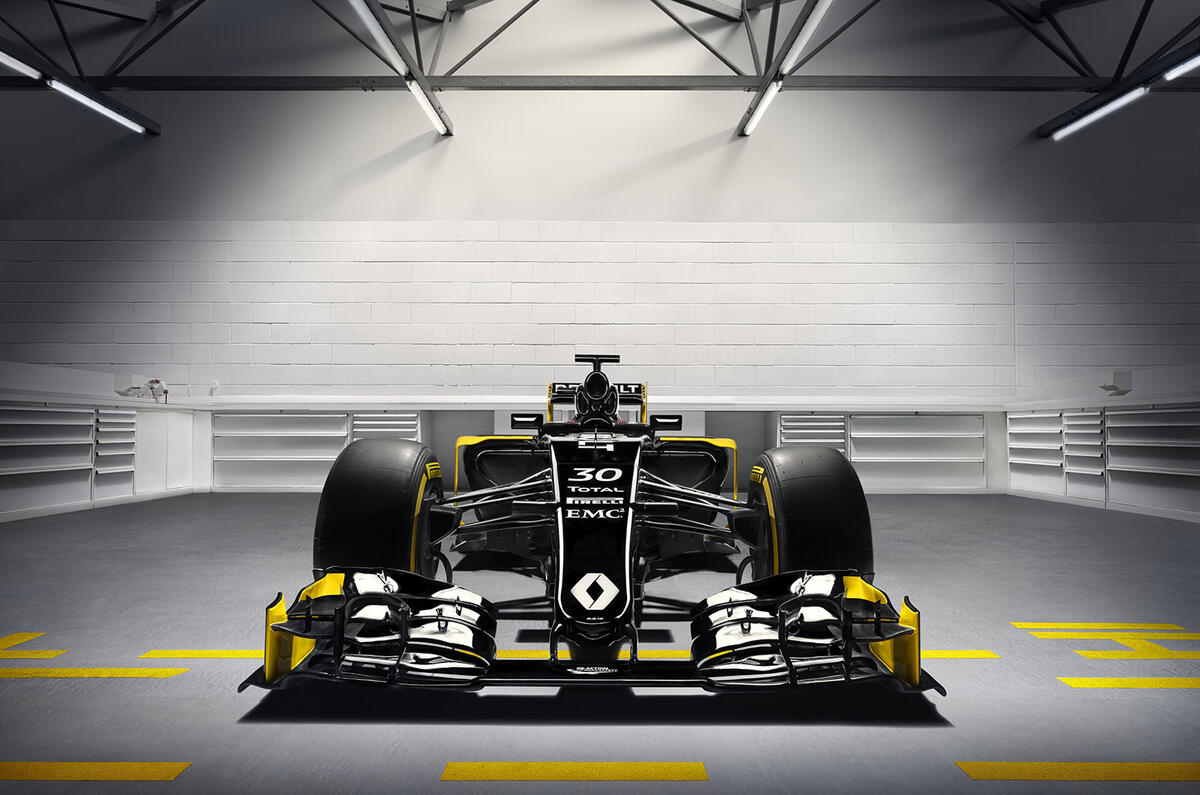The fun started late. So late that people queueing outside the vast viewing room in Renault's giant Technocentre near Versailles, venue for the all-important F1 announcement, started wondering if CEO Carlos Ghosn's Uber driver had got lost on his way from the airport. Maybe his Nissan Leaf had run out of thrust.
It turned out to be nothing like that. There were merely a few electronic glitches; the event was slick and absorbing once it got going.
The burden of the story was well known. Renault was returning to F1 by buying the Lotus team, and would operate in the UK from the base it owned before at Enstone, Oxfordshire, and from the engine HQ at Viry, outside Paris, which it has occupied for a long time.
It had all been a bit of a surprise. CEO Carlos Ghosn had never before shown any enthusiasm for racing, and besides, Renault's engine men had taken a fearful, drawn-out dressing down last season from Red Bull, their most prominent engine customer, for the underperformance of their tiny hybrid V6.
But when Ghosn arrived on stage in his open-necked white shirt, looking like a bloke who'd forgotten to pack his tie, he dealt with the objections as briskly as he always does. The 'main reason' for being in F1 was to sell cars, he said, and we soon learned that sales of Renault Sport cars were being tipped to double to 70,000 units annually by 2018. Renault lacked awareness in countries like China, India and Brazil, where the greatest expansion was still being tipped for the future.
Soon the cover was off the car, which looked handsome in yellow on black though we soon realised this was not its final racing livery. The drivers posed with Ghosn, Britain's Jolyon Palmer riding this new experience like a veteran, and experts soon took the floor to further explain the plausibility of taking Renault back into racing. Marketing opportunities were at the heart of it, they reiterated, along with benefits from new technology and a lot of heritage.
I had arrived in the morning thinking Renault and Ghosn might simply have decided the whole thing was too messy to wind up, and that they might have chosen simply to do it slowly over the next couple of years. But when technical chief Bob Bell (returning after three years at Mercedes) started talking about "playing the long game" and it taking "five years to deliver a championship" it was clear he and his people meant business.









Join the debate
Add your comment
Who will have the best Renault engine
Renault is indespensible to
How anyone can invest in a